



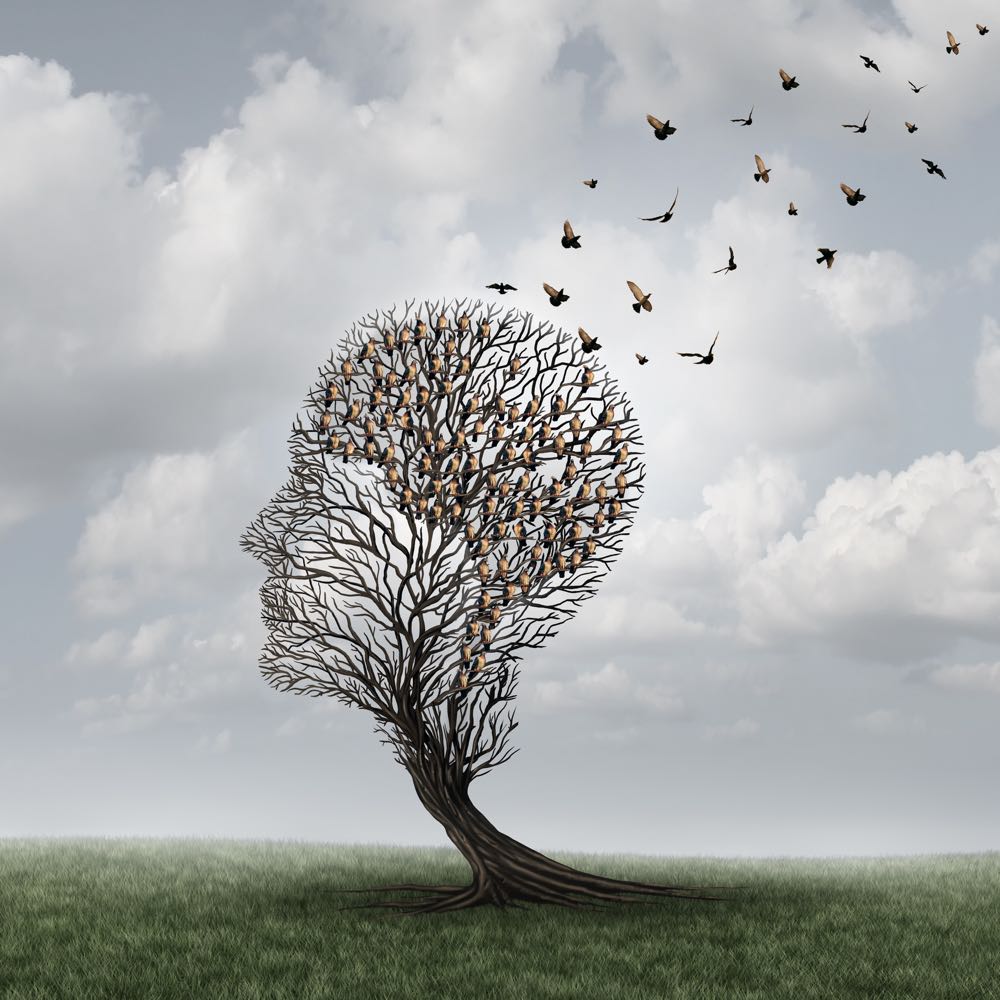
TRAUMA INFORMED BREATHWORK AND HOLISTIC WELLBEING IN HUDDERSFIELD BETWEEN LEEDS, BRADFORD AND MANCHESTER
Trauma is any event, series of events or set of circumstances that overwhelms our capacity to cope and is experienced by an individual as physically or emotionally harmful or threatening. Each persons capacity to cope is different and depends an an individuals window of tolerance.
Experiencing trauma can having lasting adverse effects on an individuals ability to function effecting the physical, mental, emotional and spiritual wellbeing of an individual. Trauma is not the event itself but how we as humans respond to the event. This means that trauma is in our nervous system the very fabric, fibre and tissues of our bodies not in the event.
""The first truth, Buddha taught his disciples, is that suffering is part of the human condition. If we simply try to avoid confronting painful experiences, there is no way to begin the healing process. In fact, this denial creates the very conditions that promote and prolong unnecessary suffering."
― Peter A. Levine, Healing Trauma: A Pioneering Program for Restoring the Wisdom of Your Body
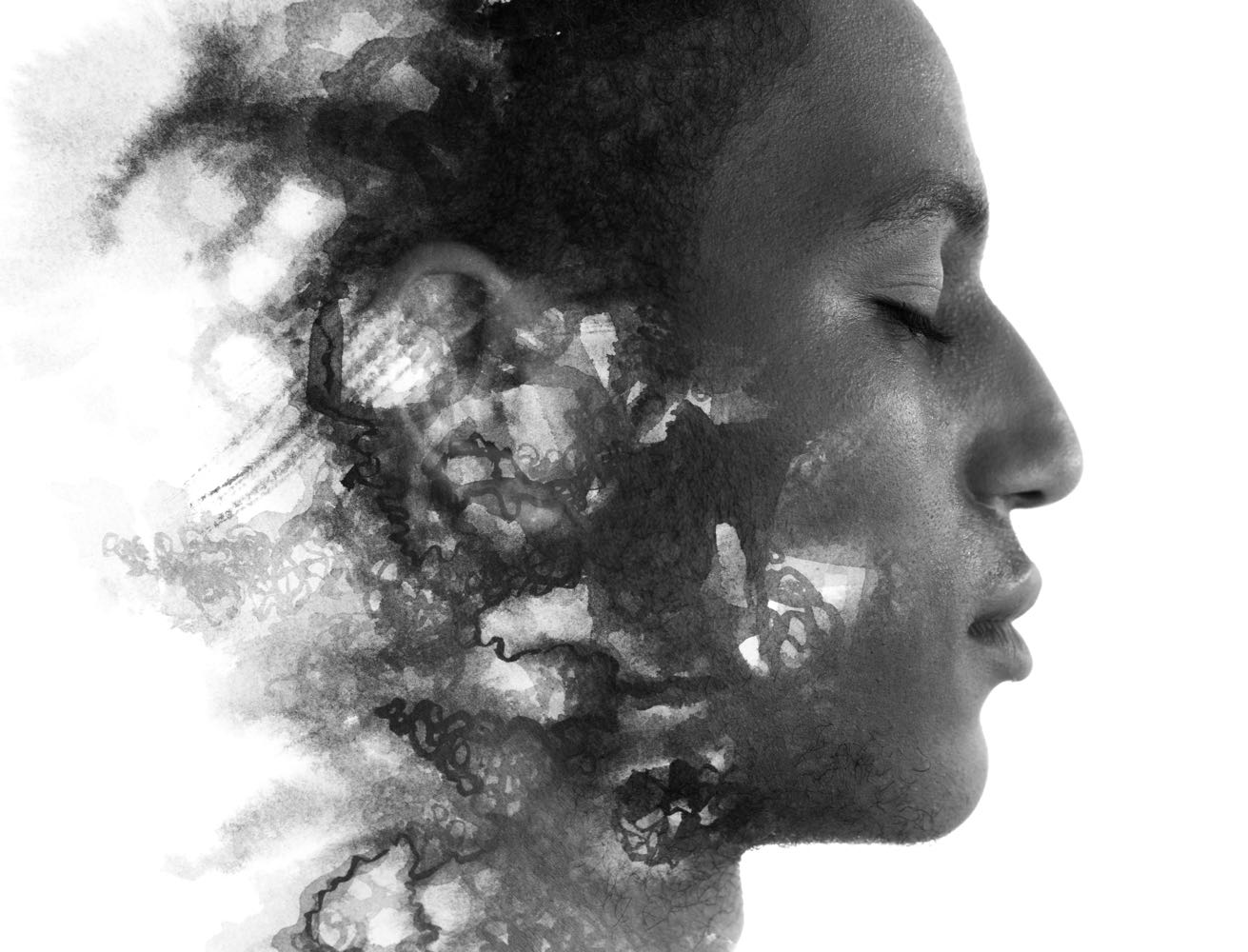
Trauma is frequently defined by big life events, often with extreme and disastrous consequences such as war, natural disasters, and near-death experiences. What a lot of people don't realize is that you don't need to live through an extreme experience to hold unconscious trauma; trauma is not defined by what happens to us but by our ability to cope. There is no barometer to what exactly constitutes a trauma, because as individual as our life paths and experiences are, so are our traumatic experiences.
It is for this reason that trauma is not defined by the event or series of events that lead to the emotional and mental sense of overwhelm that creates a trauma response. This is why children are more susceptible to experiencing trauma as they're coping mechanisms, abilities to process are less mature than that of adults. Additionally, prolonged exposure to difficult experiences increases the likelihood of experiences becoming trauma. There are protective factors that can help someone to cope in these circumstances: a strong social network of close family and friends, hobbies and sports that provide an outlet of emotion and focus, and even a therapeutic relationship with a therapist can alleviate the intensity and duress associated with the trauma.

The long-term consequences of storing trauma in the subconscious and the body plays out later in life. Stored trauma may present as difficulties maintaining relationships, self-sabotage, intimate relationship avoidance and projection; challenges in our working lives, keeping a job or over-working; addictions to alcohol, drugs, food, or eating disorders; anxiety disorders and panic attacks; sleep difficulties such as recurrent nightmares, insomnia or even sleep terrors. In young people, stored trauma can play out as regressive behaviours such as bed wetting, thumb sucking and responsibility avoidance at a biological age where these behaviours would not be expected. Often the only way to face the trauma is to unlock the emotions, tension and memories from the body and subconscious.
It is in this essence that the experience of some trauma is inevitable in life. To go through life without hardship is non-existent, however the degree of which is entirely personal to everyone. When we have enough of these experiences that have overwhelmed our ability to cope, the trauma becomes stored in our unconscious collective. The experience of trauma overwhelms the nervous system and often there are four trauma responses: fight, flight, freeze or fawn.
The fight response is characterised by fighting or facing the situation with aggression and or violence, The flight response is essentially pressing the eject button and getting out and away from the situation as quickly and by any means possible, including jumping out of a moving vehicle for instance. When the fight of flight response becomes too much,
we have a failsafe called the freeze response which is a dorsal vagal response is characterised by a complete overwhelm of the nervous system. You don’t run away, and you don’t fight instead you become immobilized and the parasympathetic nervous system spikes while the sympathetic nervous system is over activated but it becomes overwhelmed by the strong parasympathetic response. It’s like hitting the brake and the accelerator at the same time. When someone goes into freeze its creates an inability to move or vocalise anything, often this can precede dissociation from a situation in which the body and mind separate as a defence mechanism
Big trauma and little trauma gets stuck in the body and held there in the tissue of your body often causing a whole range of issues and challenges and sometimes can remain their implicitly which means we actually have no idea it’s there but it’s the root cause of many problems in our bodies.
Being trauma informed is vital for breathwork practitioners as when I work with the breath it’s a fast way into stored trauma in the body. It’s essential that I know how to regulate myself care and own healing to be able to hold space for you. Its fundamental that I understand trauma and its impact on the human body and how that shows up for you. I will help you to become empowered to communicate your needs and reclaim your power and support you to move through your traumas and challenges in a nurturing and loving way from a place of open hearted compassion and respect.
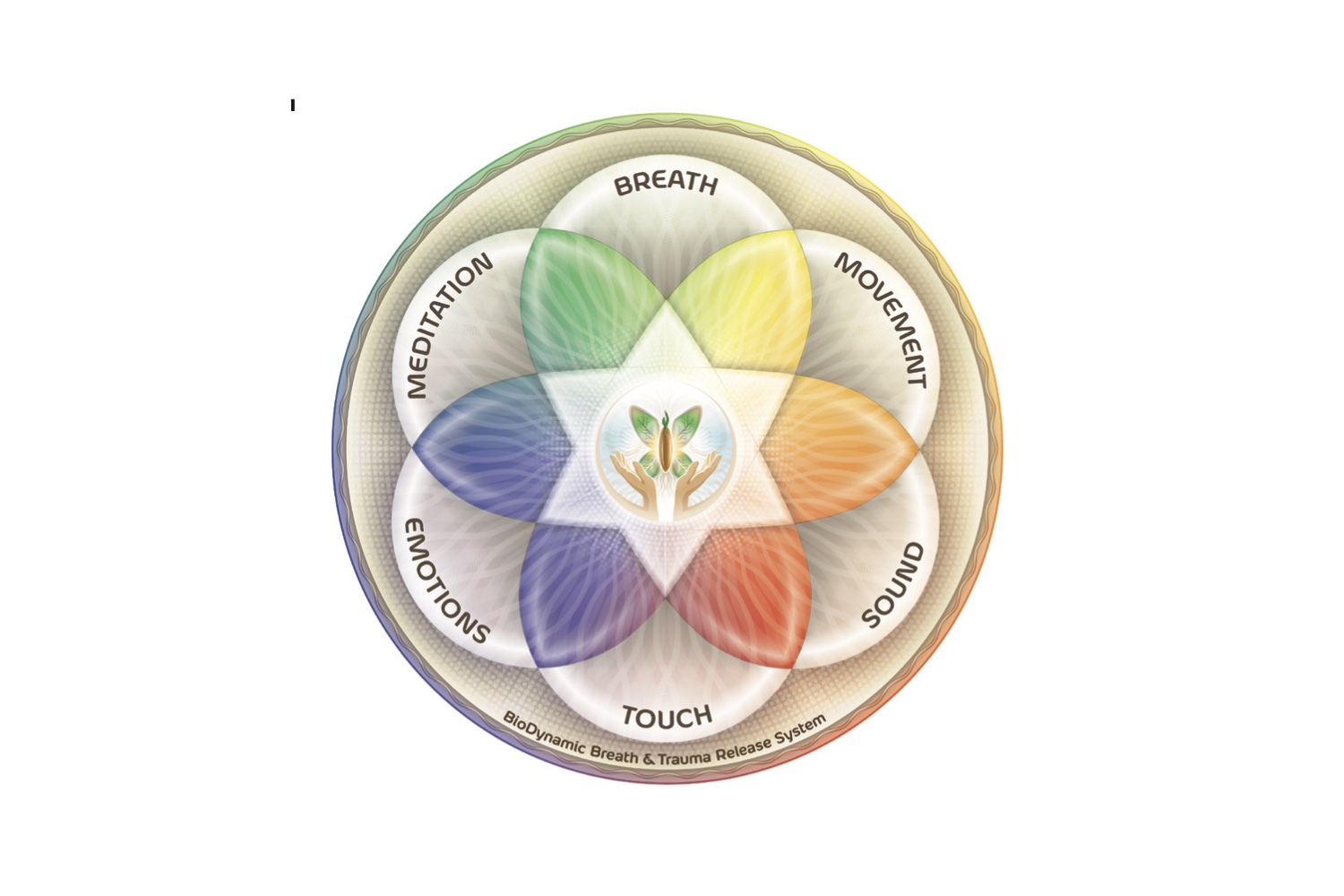
BBTRS is a new approach to trauma release, and approaches breathing from a trauma informed perspective. By utilising a trauma informed approach, a safe space can be created and held by the therapist in order to allow the body to process trauma through the power of the breath. It is important to bear in mind that BBTRS is not a replacement for trauma based therapy as when engaging with the breathwork you do not go into the origin story of the trauma, but instead hold space to allow the emotional and physical release of trauma from the body.
Trauma release via breathwork allows for unconscious trauma to be released through consciousness without the need to have a conscious awareness of the source, the story or the cause of the pain, long held trauma can be released from the body creating a sense of ease and weightlessness in the mind.
In doing so, the gates are opened to experiencing the full width and breadth of emotions, and a safe space is created to sit with difficult emotions to allow them. In doing so, you begin to process deep difficult emotions and this can support your journey in moving away from unwanted harmful coping mechanisms such as addictions, self destruction, or excessive compulsive behaviors such as over-exercising or over-working to your own detriment.
In BioDynamic Breathwork for Trauma Release, you allow your body and mind to reconnect to complete the energy cycle of the emotion, the experience of the event or events, and the physical energy stored from the trauma without going into the story and experience of the actual trauma itself again. In doing so the equilibrium can be reestablished in your core self, body and mind in order to embody a more fully interconnected experience of life, and in doing so increasing contentment, inner awareness as well as an awareness of our external environments, and a greater sense of peace and harmony for a more confident and embodied life.
The harmony of health and the body relies on the balance of activation of both systems. However, the pressures and fast pace of modern life can cause an overactivated sympathetic nervous system for prolonged periods of time.
Although the sympathetic nervous system is key to ensuring our survival the toll of being fired up in high alert takes a big toll on the body. When the sympathetic nervous system is activated for prolonged periods of time, such as during high stress in life, from work or life. The activation of the sympathetic system reduces digestive and immune system action, therefore increasing susceptibility to illness, opportunistic bugs and feeling run down generally. Many common ailments can be triggered or aggravated by being in a state of high alert for prolonged periods of time due to nervous system dysregulation, such as: adrenal fatigue, burnout, digestive difficulties, diarrhoea, constipation, bloating, depression, anxiety, sexual dysfunction and chronic low-grade inflammation. To counter this, the parasympathetic nervous system can help restore the equilibrium and balance.
Therefore, in managing stress via activation of the parasympathetic nervous system such as through meditation, breathing exercises and other relaxation exercises to encourage relaxation to trigger the rest and digest response - this can help reduce stress and anxiety, lower the heart rate, blood pressure and promote a sense of calm and relaxation.
Biodynamic breathwork techniques are designed to combine breath, movement, touch, meditation, emotions, and sound to facilitate purposeful activation of the parasympathetic nervous system to initiate a state of deep relaxation and emotional release. By following the practice, we can start to restore the balance of activation of the two systems into an equilibrium state that optimises the smooth running of our bodies' systems. Better digestion leads to better nutritional status, better immune system status leads to a more robust health in the face of pathogens.
The use of Biodynamic Breathwork can help support restoration of balance between the two parts of the autonomic nervous system, leading to improved regulation of bodily functions, greater emotional resilience and overall sense of wellbeing can be achieved.
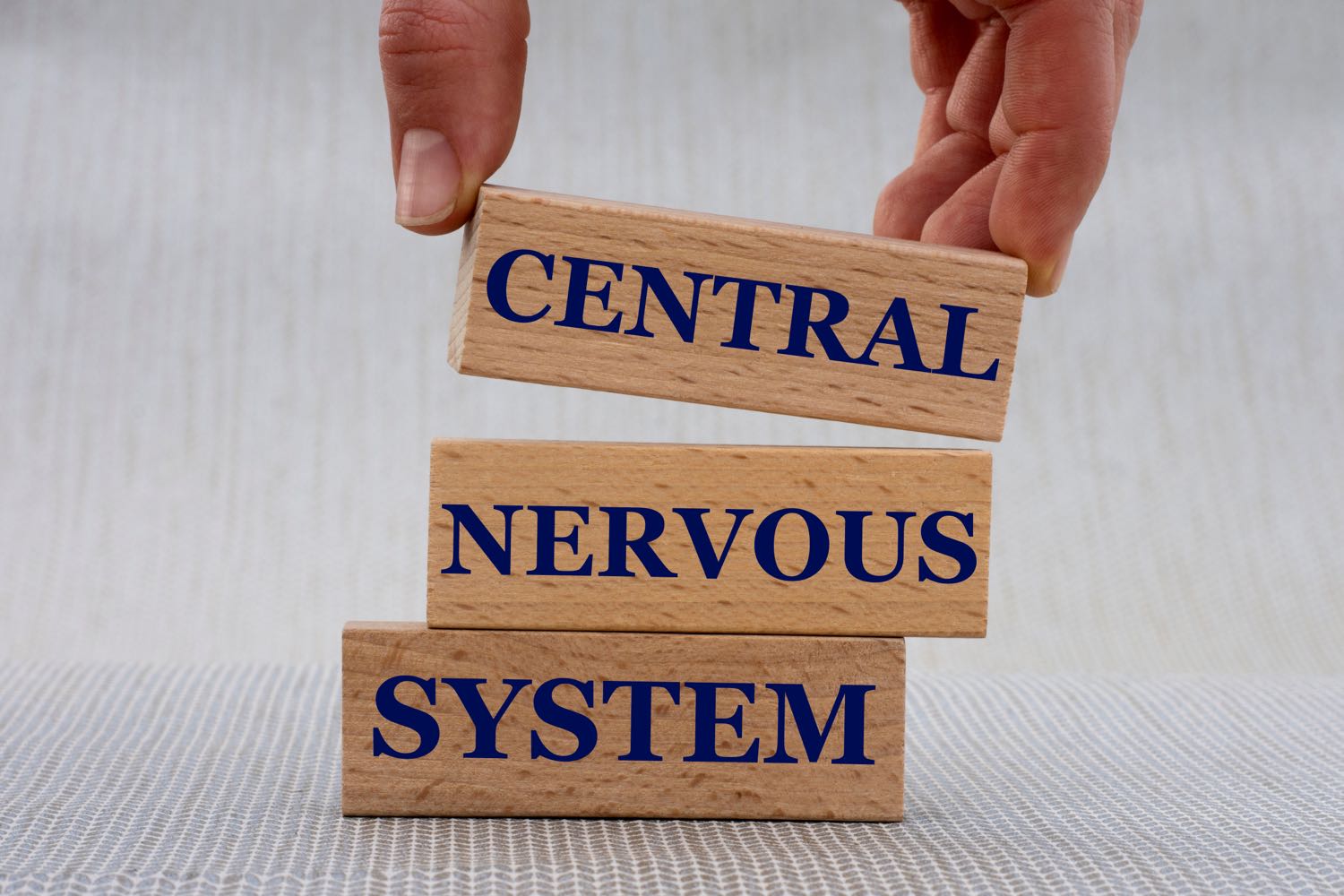
Parasympathetic and Sympathetic nervous systems
The body's nervous system is comprised of two parts: the sympathetic and the parasympathetic nervous systems. They have opposite functions in the body, with the sympathetic nervous system being responsible for activating 'fight or flight' mode in times of high stress, and the parasympathetic nervous system is responsible for activating 'rest and digest' mode in times of relaxation. Both systems are controlled autonomously without the need for conscious thought or effort .
The parasympathetic nervous system uses 4 of the 12 available cranial nerves, with 3 of connecting from the brain to the eyes, nose and mouth. The final cranial nerve is called the vagus nerve, which extends through neck and abdomen, and connects the gut, liver, heart and lungs to the brain acting as a bidirectional communication pathway, much like a direct motorway. The vagus nerve is responsible for up to 75% of the parasympathetic nervous system.
The sympathetic nervous system acts as the opposite way to the parasympathetic nervous system. Responsible for 'fight or flight' in times of high stress, the role of which is directly linked to our survival instinct. By releasing stress hormones, adrenaline and cortisol, in times of stress, the body is prepared for danger and puts the body in high alert. We don't have to be in direct physical danger for the sympathetic nervous system to be activated, work stress, social stress and psychological stress can all keep the sympathetic nervous system pumping out adrenaline and cortisol for long periods of time. Activation of the sympathetic nervous system suppresses the activation of the parasympathetic nervous system.
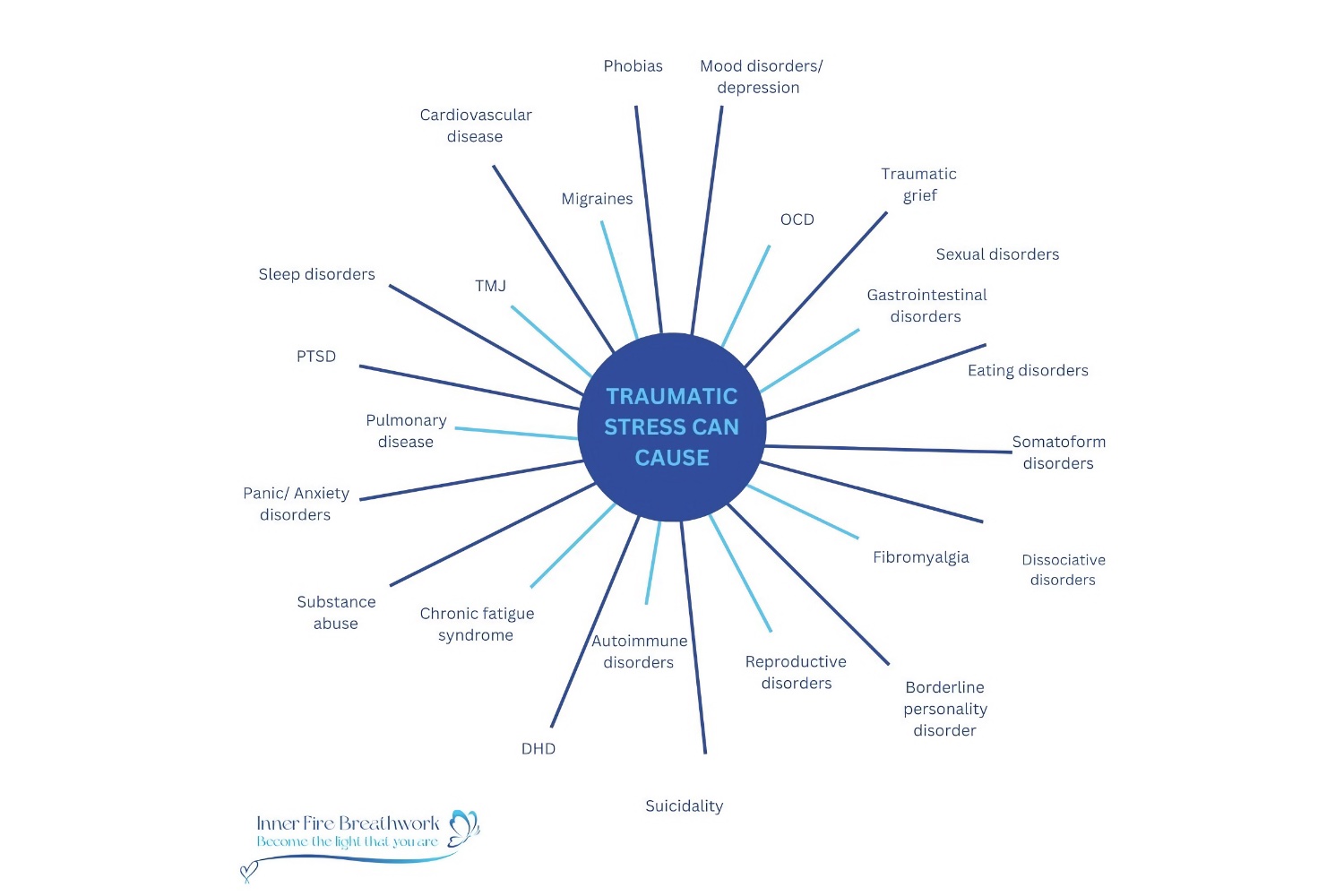
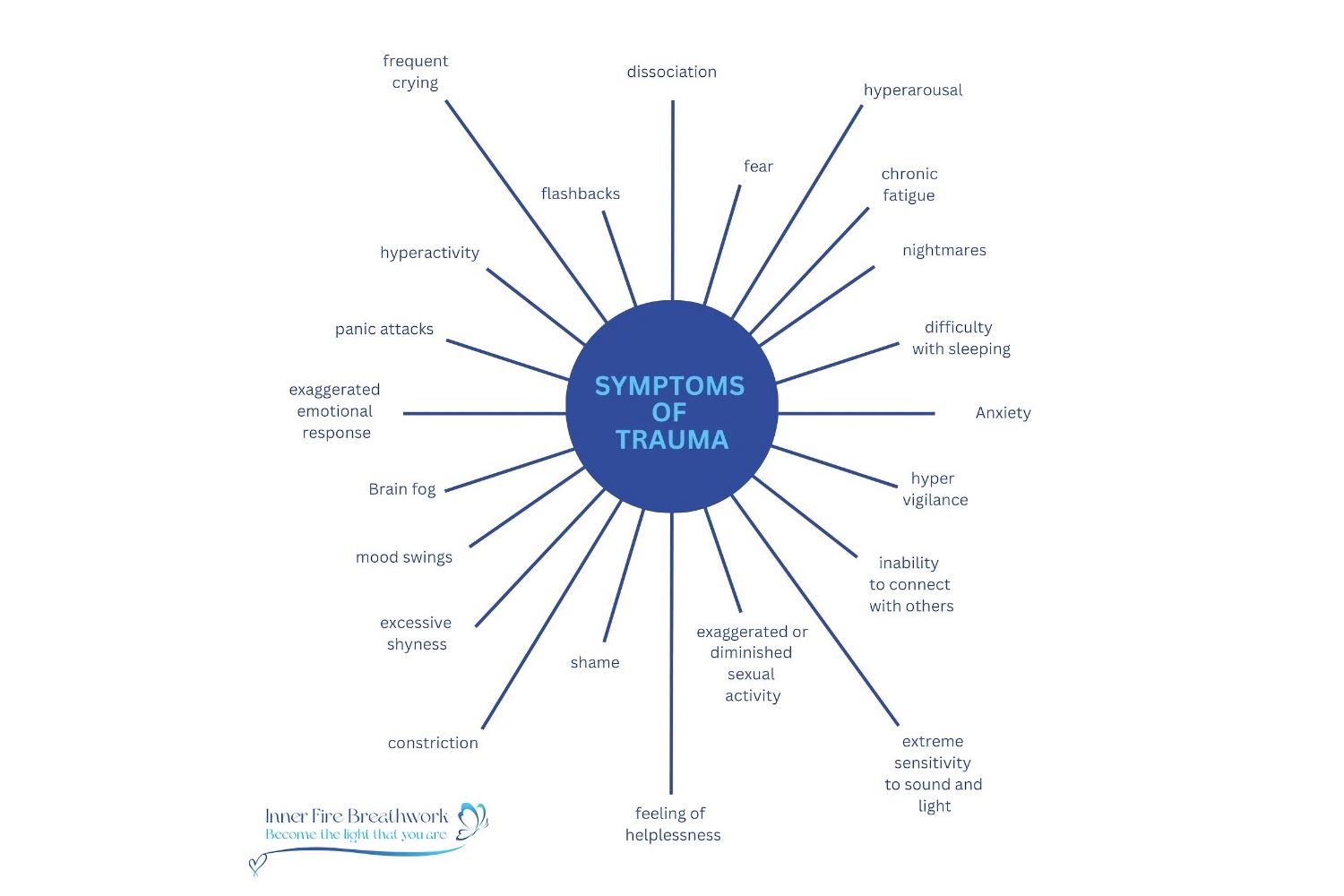

I am available by telephone, text, WhatsApp email and social media.